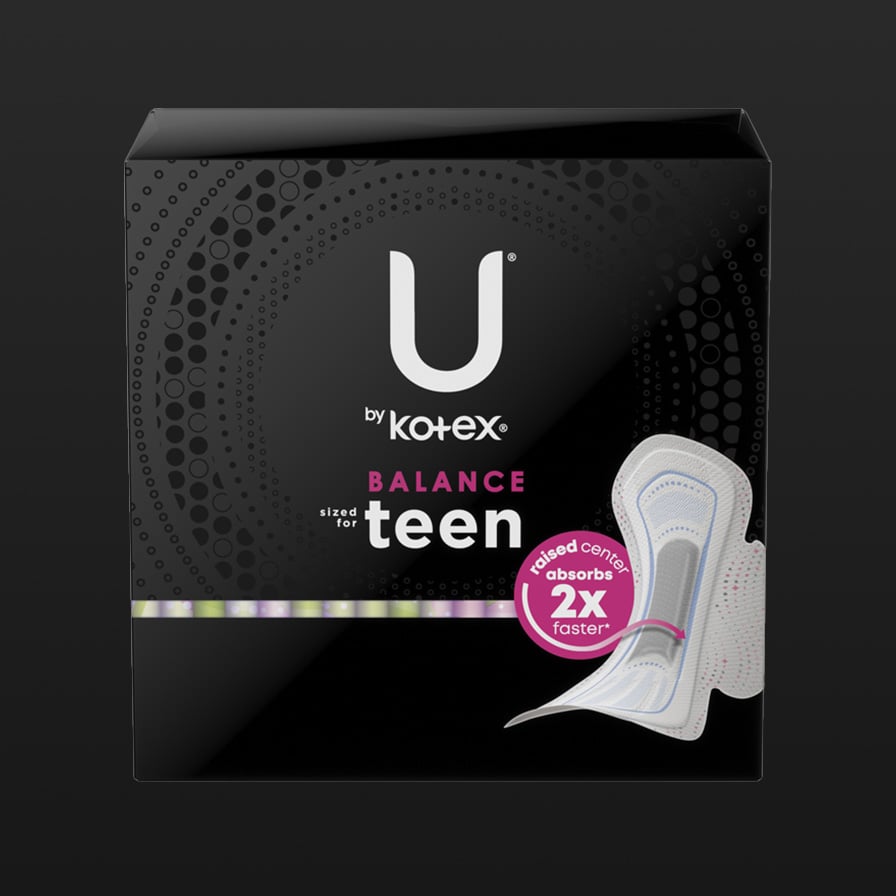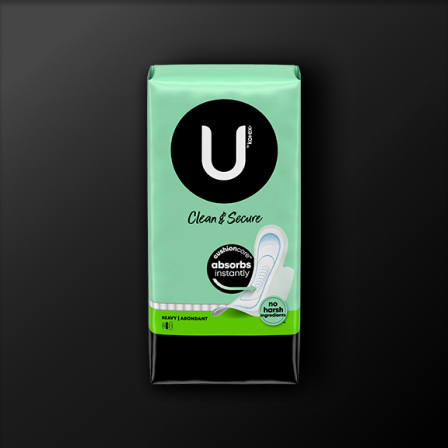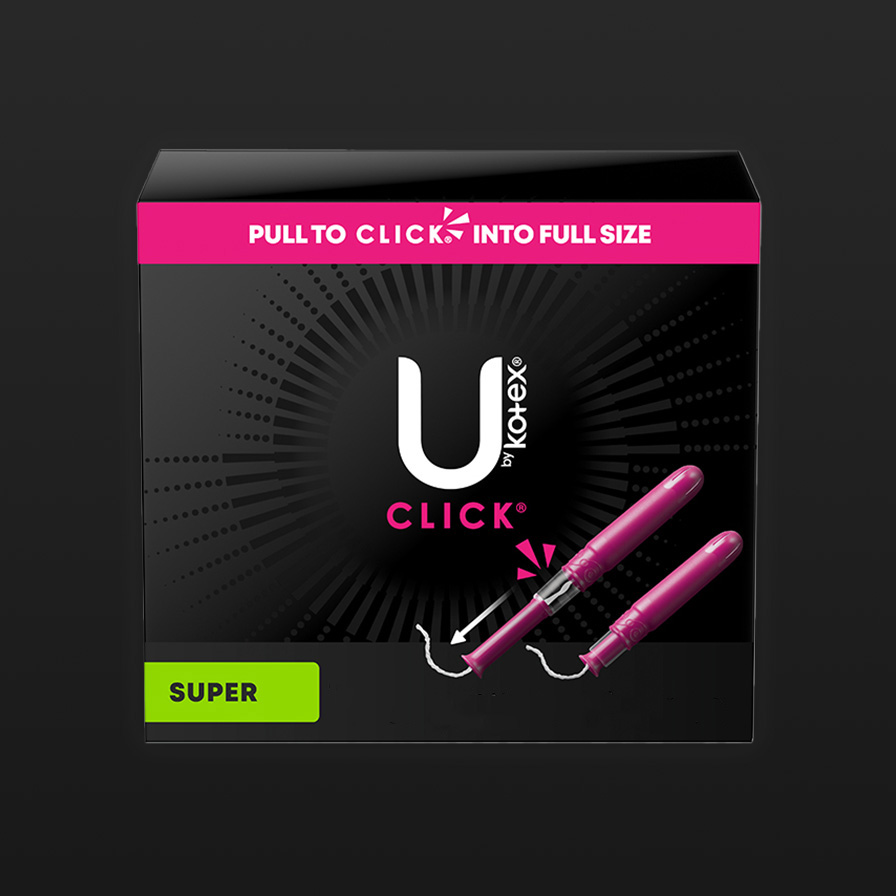Knock, Knock, Who’s There? Your Period, to Tell You About Your Health and Wellness!
Knock, Knock, Who’s There? Your Period, to Tell You About Your Health and Wellness!
Your period is an indicator of overall health and wellness. Get to know why it's important to track it and understand your symptoms.
Why We Should Thank Our Periods
Periods are different for each and every person. Some of us experience heavy flow and cramps while others have months where it can breeze by with minimal to no discomfort. Regardless of what that looks like for you, having a regular, manageable period is an indication of your overall health and wellness. In fact, if your periods are irregular, that can be a sign that your body might need medical attention to treat more serious health conditions, such as anemia, endometriosis, Polycystic Ovarian Syndrome (PCOS), or pituitary or thyroid issues. Slight changes in your cycle might also be an indicator of added stress or linked to changes in your diet. While irregularities throughout a menstrual cycle don’t always mean there’s an underlying condition, it can be comforting to know our periods may serve as a signal when there’s something to address. From this perspective, we have our periods to thank for letting us know when we’re healthy or when we might need medical attention to reduce discomfort and receive necessary treatment for possible conditions.
Disassociating From the Stigma
Society treats periods a as taboo topic, leading many women to feel embarrassed or ashamed about speaking with family, friends and doctors about their menstrual cycle. You’re not alone in that – the stigma around periods affects us all at times. However, it’s time to stop the stigma from silencing us around our cycles. When we don’t talk about our periods, we don’t get familiar with them or understand what they have to tell us about our health and wellbeing. This prevents us from accessing the advice and answers we need if something feels off in our body. There are no bad questions and no wrong experiences about our periods, so let’s start asking and start sharing!
Getting to Know Your Healthy Normal
It’s important to understand your body and your period so you have a feel for your healthy normal. Here are some of my tips for understanding what your healthy, normal cycle looks like:
- Track your cycle: Tools like the U by Kotex® Period Calculator are a great place to start. When your period is early or late, keep tabs on timing so you can spot any irregular patterns that may come up.
- Listen to your body: If something feels different, painful, or irregular during your period or you notice irregularities throughout your cycle that you feel is cause for concern, trust that your body could be trying to tell you something. Rather than ignoring those experiences, call your doctor or gynecologist!
- Talk about it: Break the barriers of period stigma and discuss your period with your parents, partners and friends, as well as your doctor or gynecologist. When we talk about our periods, we can better understand what is or isn’t normal, and then we’re empowered to get the help we need from experts.
About Tomi-Ann Roberts: As a professor of Psychology at Colorado College, Tomi-Ann’s research, teaching, advocacy and expert testimony centers on her Objectification Theory, which examines the sexual objectification of girls and women, self-objectification, and the consequences of these for their embodied wellbeing.





